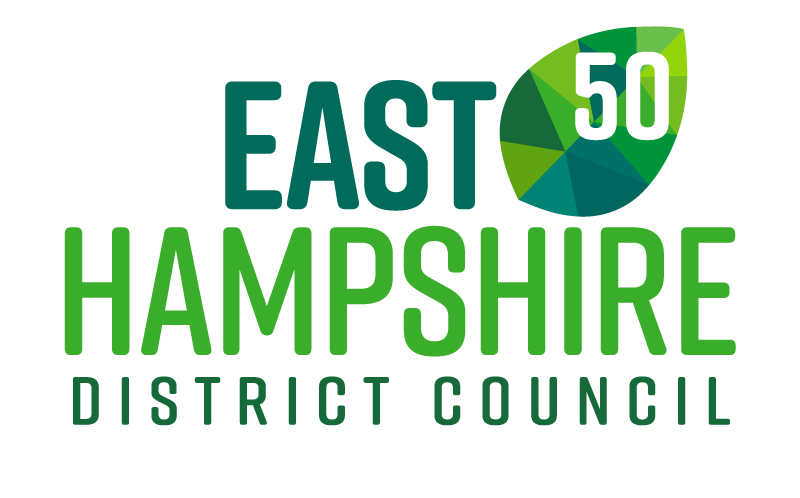You can ask for access to the information we hold on you
We would normally expect to share what we record about you with you whenever we assess your needs or provide you with services.
However, you also have the right to ask for all the information we have about you and the services you receive from us. When we receive a request from you in writing, we must give you access to everything we’ve recorded about you.
However, we can’t let you see any parts of your record which contain:
- confidential information about other people; or
- data a professional thinks will cause serious harm to your or someone else’s physical or mental wellbeing; or
- if we think that giving you the information may stop us from preventing or detecting a crime
This applies to personal information that is in both paper and electronic records. If you ask us, we’ll also let others see your record (except if one of the points above applies).
If you can’t ask for your records in writing, we’ll make sure there are other ways that you can. If you have any queries about access to your information, please contact dpa@easthants.gov.uk.
You can ask to change information you think is inaccurate
If you disagree with something written on your file, please let us know.
We may not always be able to change or remove that information, but we’ll correct factual inaccuracies and may include your comments in the record to show that you disagree with it.
You can ask to delete information (right to be forgotten)
In some circumstances you can ask for your personal information to be deleted.
For example:
- where your personal information is no longer needed for the reason it was collected in the first place
- where you have removed your consent for us to use your information (where there is no other legal reason for us to use it)
- where there is no legal reason for the use of your information
- where deleting the information is a legal requirement
Where your personal information has been shared with others, we’ll do what we can to make sure those using your personal information comply with your request for erasure.
Please note that we can’t delete your information where:
- we’re required to have it by law
- it is used for freedom of expression
- it is used for public health purposes
- it is for, scientific or historical research, or statistical purposes where it would make information unusable
- it is necessary for legal claims
You can ask to limit what we use your personal data for
You have the right to ask us to restrict what we use your personal information for if:
- you have identified inaccurate information, and have told us of it
- we have no legal reason to use that information, but you want us to restrict what we use it for rather than erase the information altogether
When information is restricted it can’t be used other than to securely store the data and with your consent to handle legal claims and protect others, or where it’s for important public interests of the UK.
Where restriction of use has been granted, we’ll inform you before we carry on using your personal information.
You have the right to ask us to stop using your personal information for any council service. However, if this request is approved this may cause delays or prevent us delivering that service.
Where possible we’ll seek to comply with your request, but we may need to hold or use information because we are required to by law.
You can ask to have your information moved to another provider (data portability)
You have the right to ask for your personal information to be given back to you or another service provider of your choice in a commonly used format. This is called data portability.
However, this only applies if we’re using your personal information with consent (not if we’re required to by law) and if decisions were made by a computer and not a human being.
It’s likely that data portability won’t apply to most of the services you receive from the council.
You can ask to have any computer-made decisions explained to you, and details of how we may have ‘risk profiled’ you.
You have the right to question decisions made about you by a computer, unless it’s required for any contract you have entered into, required by law, or you’ve consented to it.
You also have the right to object if you are being ‘profiled’. Profiling is where decisions are made about you based on certain things in your personal information, e.g. your health conditions.
If and when EHDC uses your personal information to profile you, in order to deliver the most appropriate service to you, you will be informed.
If you have concerns regarding automated decision making, or profiling, please contact the Data Protection Officer by email on dpa@easthants.gov.uk who will be able to advise you about how we are using your information.
